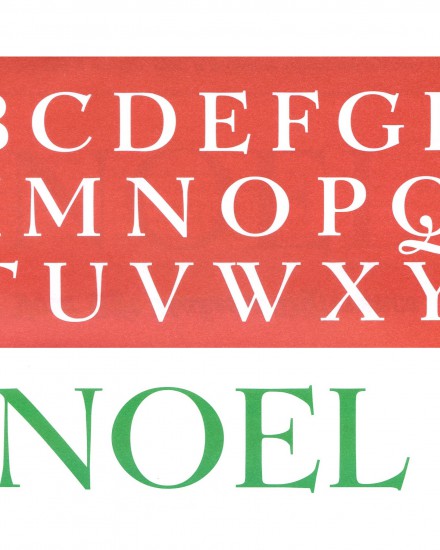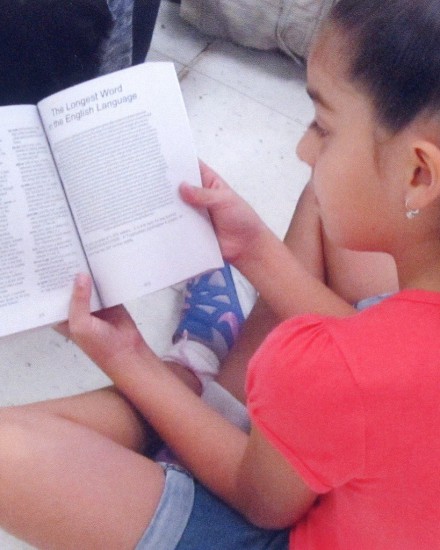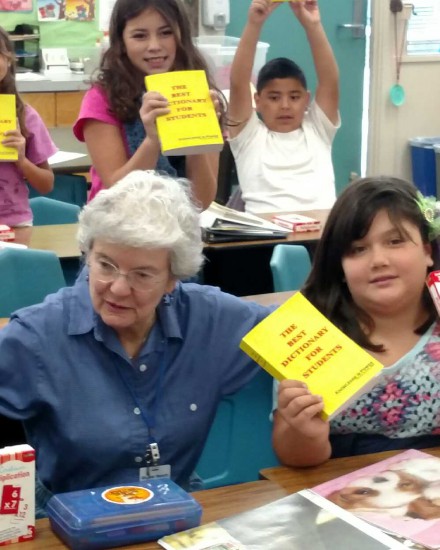Word of the Day: Shine
1. verb: to give off light “In order for the light to shine so brightly, the darkness must be present.” Francis Bacon, 1561 – 1626 “The soul can split the sky in two and let the face of God shine through.” Edna St. Vincent Millay, 1892 – 1950 2. verb: to be very talented or successful at an activity “There is some place where... Read More
Word of the Day: Approval
ap·prov·al /əˈpro͞ovəl/, noun: the action of accepting something as satisfactory or granting permission to proceed; praise “Do not look for approval except for the consciousness of doing your best.” Andrew Carnegie, 1835 – 1919 “A truly strong person does not need the approval of others any more than a lion needs the approval of sheep.” Vernon Howard, 1918 – 1992 “A man cannot be... Read More
Word of the Day: Play
verb: 1. to engage in activity for enjoyment and recreation rather than a serious or practical purpose “Forget not that the earth delights to feel your bare feet and the winds long to play with your hair.” Khalil Gibran, 1883 – 1931 2. to participate in a game or sport “You have to learn the rules of the game. And then you have to... Read More
Word of the Day: Guardian
guard·i·an /ˈɡärdēən/, noun: one that watches or protects someone or something; a keeper, defender or protector “The advancement and diffusion of knowledge is the only guardian of true liberty.” James Madison, 1751 – 1836 “A man’s character is his guardian divinity.” Heraclitus, 535 BCE – 475 BCE “A good marriage is that in which each appoints the other guardian of his solitude.” Rainer Maria... Read More
Word of the Day: Action
ac·tion /ˈakSH(ə)n/, noun: the process of doing, typically to achieve an aim; something done “I know that I have the ability to achieve the object of my Definite Purpose in life, therefore, I demand of myself persistent, continuous action toward its attainment, and I here and now promise to render such action.” Napoleon Hill, 1883 – 1970 “Love is cheering and sharing and compassion... Read More
Word of the Day: Noel
no·el /nōˈel/, noun: 1. capitalized : Christmas from Old French noel “the Christmas season,” variant of nael, from Latin natalis “birth” 2. a Christmas carol example: The first Noel the angels did say Was to certain poor shepherds in fields as they lay; In fields where they lay, keeping their sheep, On a cold winter’s night that was so deep: Noel, Noel, Noel, Noel,... Read More
Word of the Day: Acheive
a·chieve/ əˈCHēv/, verb: to reach or attain a goal or objective “A creative man is motivated by the desire to achieve, not by the desire to beat others.” Ayn Rand, 1905 – 1982 The mission of the Lee County Certified Literate Community Program (CLCP) is to utilize all resources available within a community and encourage local citizens to support a literate community. To achieve... Read More
Word of the Day: Joy
joy /joi/, noun: a feeling of great happiness and delight “A thing of beauty is a joy forever: its loveliness increases; it will never pass into nothingness.” John Keats, 1795 – 1821 “Christmas is joy, religious joy, an inner joy of light and peace.” Pope Francis, 1936 – “We are shaped by our thoughts; we become what we think. When the mind is pure,... Read More
Sponsor Spotlight: Memorial Donations
Starting a dictionary project in memory of a family member, friend or colleague is a meaningful way to pay tribute to their life and carry on the impact they made in yours. After hearing about The Dictionary Project in the 2002 Wall Street Journal article, Linda Keetch and her husband Brent started a memorial project in honor of her mother and father, “a man... Read More
Word of the Day: Force
Force /fôrs/, noun: 1. strength or energy that has an effect on someone or something “Love is the only force capable of transforming an enemy into friend.” Martin Luther King, Jr., 1929 – 1968 2. an influence (i.e., push or pull) that tends to produce a change in an object’s speed or direction of motion “Weight, force and casual impulse, together with resistance, are... Read More










